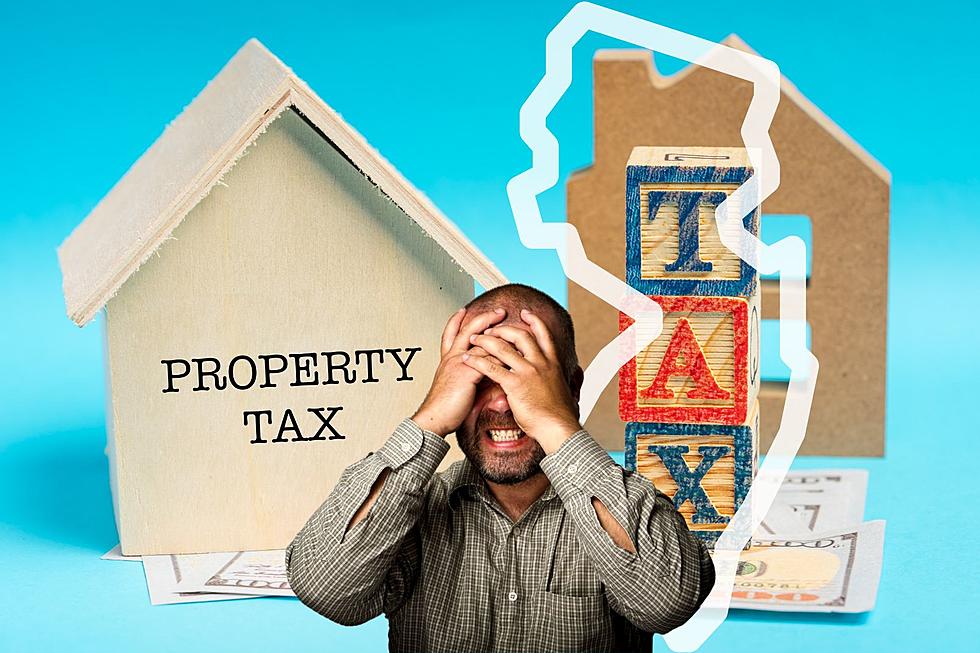
NJ’s $300M Statehouse Renovation May Actually Cost Taxpayers $500M
The Statehouse renovation project, which will cost approximately $500 million to repay once interest costs are taken into account, will apparently not require direct approval by the Legislature or voters.
At a budget hearing Wednesday, state Treasurer Ford Scudder indicated last week’s approval by the State Capitol Joint Management Commission – an eight-member panel that includes the Legislature’s four highest-ranking partisan staffers – represented the Legislature’s involvement.
And he said the lease/leaseback transaction – in which the state will lease the Statehouse to the Economic Development Authority for $1, then sublease it for $20 million to $25 million a year – is an arrangement that has been used since a 2004 court ruling in Lance v. McGreevey that limits debt that’s not voter-approved.
“This does not require any legislative participation or voter approval in this kind of transaction?” Assemblyman John Burzichelli, D-Gloucester, asked Scudder.
“This form of transaction precedes Lance and has been used since Lance, and there’s statutory authority for the EDA to take it. So no, it does not require voter approval,” Scudder said.
In November, Gov. Chris Christie announced the renovation project, which will close the Statehouse’s executive wing for four to five years, starting in July. The work began as a $38 million plan to repair the building’s exterior, until architects and engineers recommended far more expensive work.
Scudder said the precise financing is still being worked out but that it would likely require annual lease payments of $20 million to $25 million for 20 to 30 years.
Assemblyman Gary Schaer, D-Passaic, noted that comes to around $500 million in repayment costs. Scudder agreed with that “ballpark” estimate.
Scudder said the project’s budget is estimated at $287 million. That includes $55 million for contingencies, so the estimated cost is $232 million.
Burzichelli said the estimated $300 million renovation and restoration plan is a “very worthy, worthy project” but questioned why the state doesn’t just make its case to the public and borrow the money directly. Scudder said the state, underwriters and bond counsel found the lease plan the least expensive.
“Is it simply a coincidence this vehicle requires no legislative nor public participation in the decision to borrow this money?” Burzichelli said.
“Well there has been legislative participation,” Scudder said. “We were just at the JMC, which has four members designated by the Legislature.”
“Well, I would suggest to you that’s a different kind of participation,” Burzichelli said. “I’m not suggesting that this was done in a closet somewhere, but clearly this is not a traditional arrangement.”
Scudder said a lease/leaseback arrangement is a standard financing structure.
The state currently spends around $6.2 million a year on rental payments to the EDA to cover debt service and other amounts for state offices in Asbury Park, Camden, Cherry Hill and Trenton, five State Police barracks and improvements at Liberty State Park.
“It seems odd when we speak about leasing our Statehouse, this magnificent capitol,” Burzichelli said.
Assemblyman John DiMaio, R-Warren, who is president of a Hackettstown-based general contracting business, said the budget amounts to 29 percent above the cost estimate and expressed hope it would be completed under budget. He didn’t dispute the need for the work.
“In looking at the building, and I happen to be in that business, we wouldn’t let our own house look like this. We wouldn’t neglect our own property like this,” DiMaio said. “For the amount of time that it’s not been dealt with, there’s no doubt something has to be done.”
Scudder said finishing the project under budget is “certainly the intent” but that there are many unknowns that go into renovating a building that, in parts, dates to the 18th century.
“It’s an incredibly old building. The contingencies in there – we don’t know what we’re going to find when we open up the walls. And so you have to build some of that in,” Scudder said. “Some of that’s already built into the approximately $230 (million). And then some’s there to allow a cushion.”
“We don’t want to come out and say that it’s going to cost X and then it costs well more than X,” said Scudder. “We want to say a number and then come in well under that number. That’s the intent here.”
“I anticipate that good fortune in the future,” DiMaio said.
Burzichelli joked that he hopes the state makes it rent payments and doesn’t get evicted by the EDA.
“If they default, will the front of the building be converted to a Holiday Inn Express?” he asked.
More From WPG Talk Radio 95.5 FM










